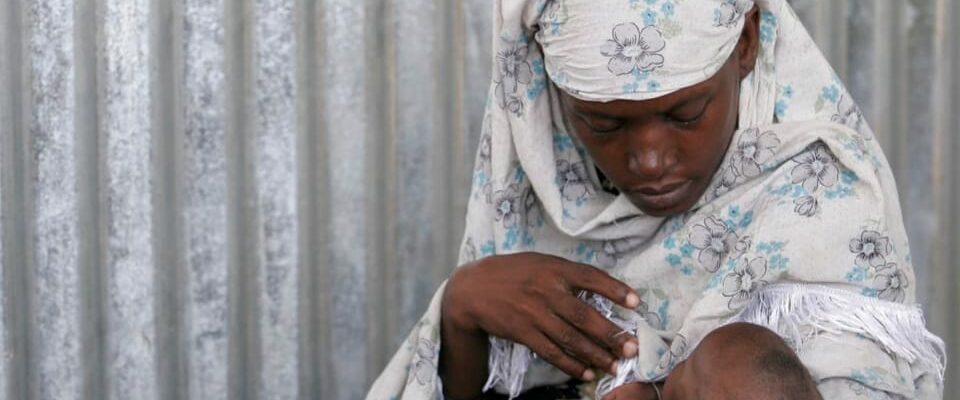- The number of expectant and breastfeeding mothers suffering from acute malnutrition has increased by 25 percent since 2020 in the 12 countries hardest hit by the global food and nutrition crisis.
- According to a report by the United Nations Children’s Fund, Unicef, the number of young women and girls affected in these countries has risen from 5.5 to 6.9 million.
- The nutritional deficiencies not only affect the well-being of these women, but also their children.
Unicef has the report published on the occasion of International Women’s Day on March 8th. It warns that the nutritional situation for adolescent girls and women will continue to deteriorate due to the multiple crises and ongoing gender inequality.
Afghanistan, Burkina Faso, Chad, Ethiopia, Kenya, Mali, Niger, Nigeria, Somalia, South Sudan, Sudan and Yemen are hotspots of a global food crisis exacerbated by the war in Ukraine, as well as ongoing drought, conflict and instability.
When girls and women are under-nourished, the consequences are far-reaching. Their immune system is weakened and their cognitive development is impaired.
Life-threatening consequences
They are at increased risk of life-threatening complications, such as during pregnancy and childbirth, according to the report. This can have dangerous and irreversible consequences for their children’s survival, growth, learning opportunities and future income.
According to UNICEF, 51 million children under the age of two worldwide suffer from growth retardation, which means that they are too small for their age due to malnutrition. During pregnancy and the first six months of life, children are completely dependent on their mothers for nutrition. This period in particular is crucial for the further development of children.
Legend:
The number of acutely malnourished pregnant and breastfeeding women has increased by 25 percent in hard-hit countries since 2020.
Reuters/Sahal Abdule
To prevent child malnutrition, something must be done about malnutrition in adolescent girls and women, says UNICEF Executive Director Catherine Russell. If the international community does not take countermeasures now, the consequences could last for generations.
To prevent child malnutrition, we must also address malnutrition in adolescent girls and women.
Teenage girls and women in South Asia and sub-Saharan Africa are hardest hit by the food crisis, according to the report, with two in three adolescent girls and women globally suffering from underweight and three in five from anemia.
At the same time, girls and women from the poorest families are twice as likely to be underweight as those from the wealthiest families.
Urgent Appeal
According to UNICEF, global crises disproportionately affect women’s access to nutritious food. In 2021, 126 million more women than men were food insecure, up from 49 million in 2019. This has more than doubled the gender gap in food insecurity.
“When girls and women do not have access to a balanced diet, this further exacerbates gender inequality,” says Russell.
We know what it takes to provide life-saving nutritional services to the women and children who need it most. This requires political will and the necessary resources. “We must not waste any time.”
